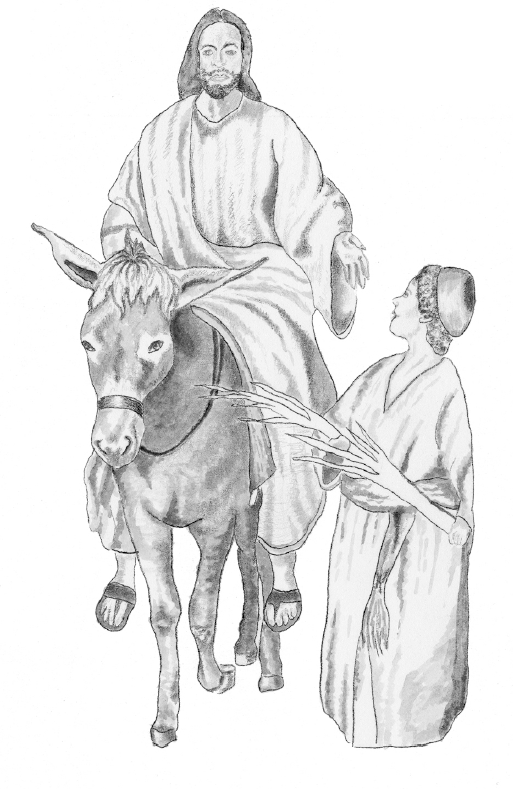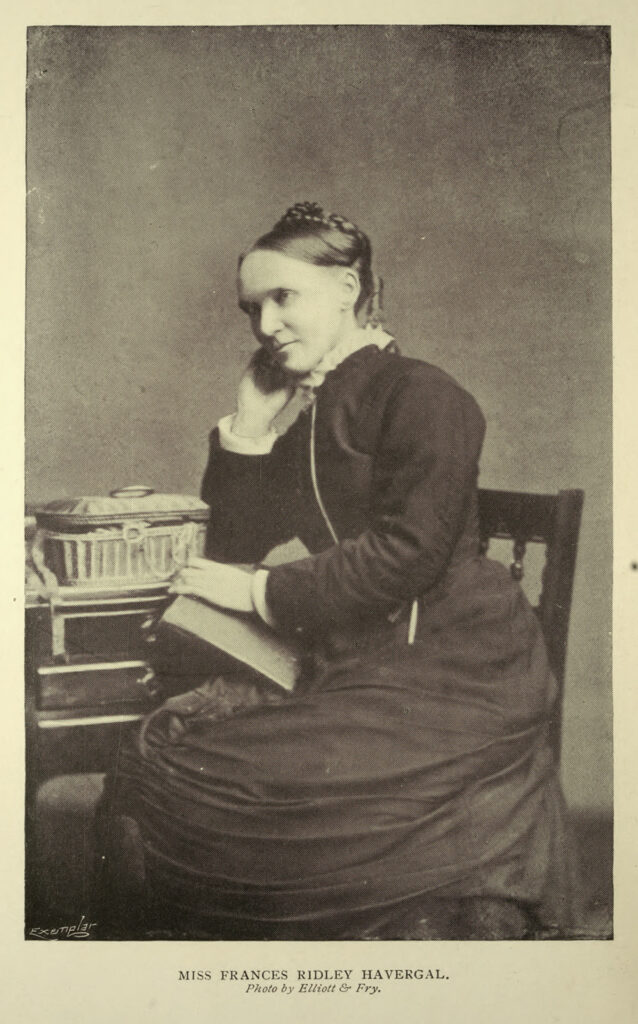
A young man at Central Baptist Church recently asked me this question. I wrote the following in response.
What Does it Mean to be a Father?
Wyman Lewis Richardson
March 2024
To be a father is to reach the end of yourself.
To be a father is to allow the overwhelming privilege and weight of the stewardship of another life to drive you into the arms of Jesus.
To be a father is to protect without suffocating, to safeguard without stymying, to watch over without overwatching.
To be a father is to grow alongside your child.
To be a father is to say yes.
To be a father is to say no.
To be a father is to know when to do either.
To be a father is to be silent.
To be a father is to refuse to be silent.
To be a father is to know when to do either.
To be a father is to recognize that our own “fatherhood” is necessarily derivative of the Fatherhood of God without seeing that derivation as a functional replacement. You are not God, though you, like God, are a father. “And call no man your father on earth, for you have one Father, who is in heaven.” Matthew 23:9
To be a father is to see the great gulf between your own “fatherhood” and that of the Father: “If you then, who are evil, know how to give good gifts to your children, how much more will your Father who is in heaven give good things to those who ask him!” Matthew 7:11
To be a father is to lead your child to the cross without presuming to force the cross upon your child. They must own the faith…but through your stewardship as a father they should know well the faith they are called to own. This means exposure without indoctrination, immersion without the crushing of the intellect or will, and modeling without coercion.
To be a father is to be a pastor…not a cult leader.
To be a father is to listen and to answer…and to answer you must truly listen.
To be a father is to say, “I do not know.”
To be a father is to say, “I do know.”
To be a father is to know when to do either.
To be a father is to see your child as created in the image of God and not to demand that they be created in the image of you.
To be a father is to say “I am sorry” when your child deserves to hear it.
To be a father is to not say “I am sorry” when they do not.
To be a father is to trust and to give space.
To be a father is to not trust and not to give space.
To be a father is to know when to do either.
To be a father is to allow.
To be a father is to forbid.
To be a father is to know when to do either.
To be a father is to comfort.
To be a father is to create discomfort.
To be a father is to know when to do either.
To be a father is to accept anger without being moved.
To be a father is to surprise with lavish liberality that is undeserved.
To be a father is to know when to do either.
To be a father is to never stop fathering…though to let your fatherhood grow with the needs of your child.
To be a father is to never stop seeing the child in your adult child…but to not treat your adult child like a child.
To be a father is to allow space for error.
To be a father is to not allow space for self-destruction.
To be a father is to step back and allow consequence to be the teacher.
To be a father is not to bail out.
To be a father is to step around the corner and weep.
To be a father is to weep openly with no shame.
To be a father is to laugh with your child.
To be a father is to listen to the voice of God speaking through your child.
To be a father is to realize that your child, no matter how wise, is not God.
To be a father is to refuse to idolize.
To be a father is to refuse to devalue.
To be a father is to not exasperate your child. “Fathers, do not provoke your children to anger…” (Ephesians 6:4)
To be a father is to have your child find you exasperating.
To be a father is to be thought uncool by your child.
To be a father is to be thought the coolest guy in the world by the same child.
To be a father is to put yourself between your child and the devil.
To be a father is to train your child to withstand the devil.
To be a father is to be ready to preach.
To be a father is to refrain from preaching.
To be a father is to know when to do either.
To be a father is to model what a man should be.
To be a father is to acknowledge you are not the man you should be.
To be a father is to provide.
To be a father is to prepare your child to provide for himself or herself.
To be a father is to pay the tab.
To be the father is to occasionally allow it when your child insists on paying the tab. They want to say “I love you” back just as you did for your parents. Allow this.
To be a father is not to dominate every conversation.
To be a father is to realize that you might be wrong in some of your opinions.
To be a father, however, is not to have your own convictions made malleable or amorphous or changeable in the name of loving your child.
To be a father is to say, “You are wrong.”
To be a father is to say, “You are right.”
To be a father is to know when to do either.
To be a father is to let your child develop his or her own interests.
To be a father is not to look down on your child’s youthfulness. “Let no one despise you for your youth…” (1 Timothy 4:12)
To be a father is to accept that some of your child’s music might be as grating to you as some of your music was to your parents.
To be a father is to play.
To be a father is to stop playing.
To be a father is to know when to do either.
To be a father is to ask your child if they would receive Jesus as Lord.
To be a father is to recognize that you cannot force this moment.
To be a father is to see your child’s weaknesses.
To be a father is to recognize that most of your child’s weaknesses are your own.
To be a father is to forgive.
To be a father is to need forgiveness.
To be a father is to protect with ferocity.
To be a father is to let your child fight his or her own battle.
To be a father is to know when to do either.
To be a father is to let go.
To be a father is to never let go.
To be a father is to give away and give space.
To be a father is to never abandon your fatherhood, to never stop being “Dad.”
To be a father is to face your own death with the knowledge that if you have loved that child rightly, you can die in peace.
To be a father is to have another person on the planet say, long after you are gone, “My dad loved me. My dad did not hurt or abandon me. My dad valued and treasured me. My dad led me to the cross.”







